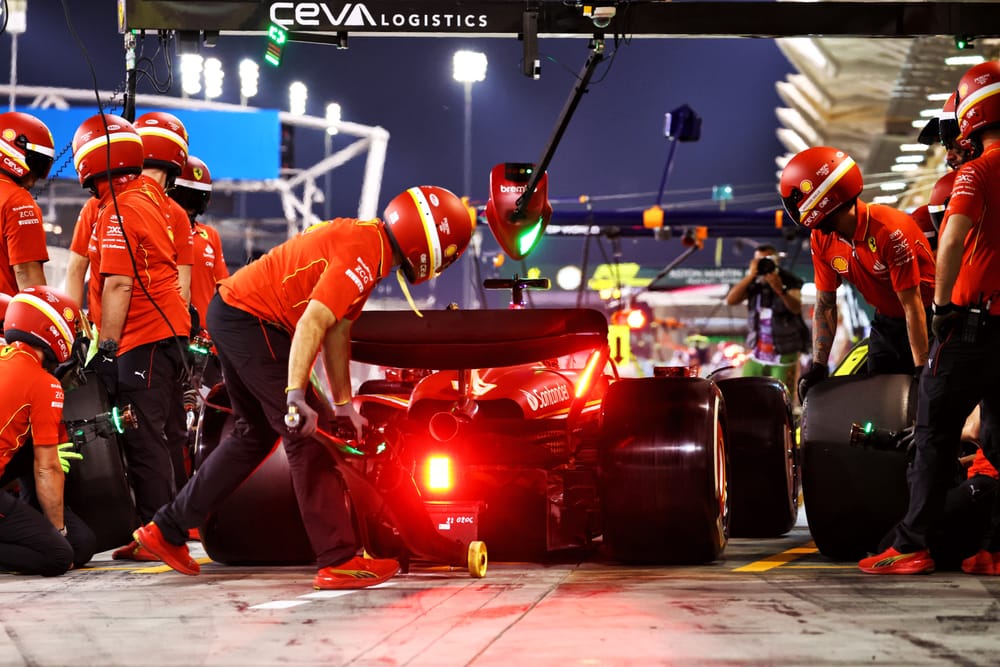Up Next

Formula 1's record-breaking 24-race 2024 calendar is famously a point of pride for the series' bosses, as evidence of the increased attractiveness of hosting a grand prix - but that pride is clearly not universally shared in the championship's paddock.
For evidence of that you have to go no further than effectively the first press conference of the season - the pre-weekend drivers' presser in Bahrain on Wednesday - in which the championship's most visible leading figures had little good to say about F1's ongoing calendar growth.
Now, drivers expressing reservations - usually much more so than their team bosses - over F1's expanding schedules is nothing new, but you would normally expect a slightly more PR-friendly stance in the setting of an official FIA-sanctioned press conference rather than a regular media session, and especially in a press conference teeing up a new season.
But reigning champion Max Verstappen and series stalwart Fernando Alonso were both unsparing in their criticism of F1's calendar expansion - which came across as a deliberate choice on both drivers' parts considering their peers had already tackled the question and they could've easily got away with a boilerplate 'nothing to add'.
Why it was on the agenda
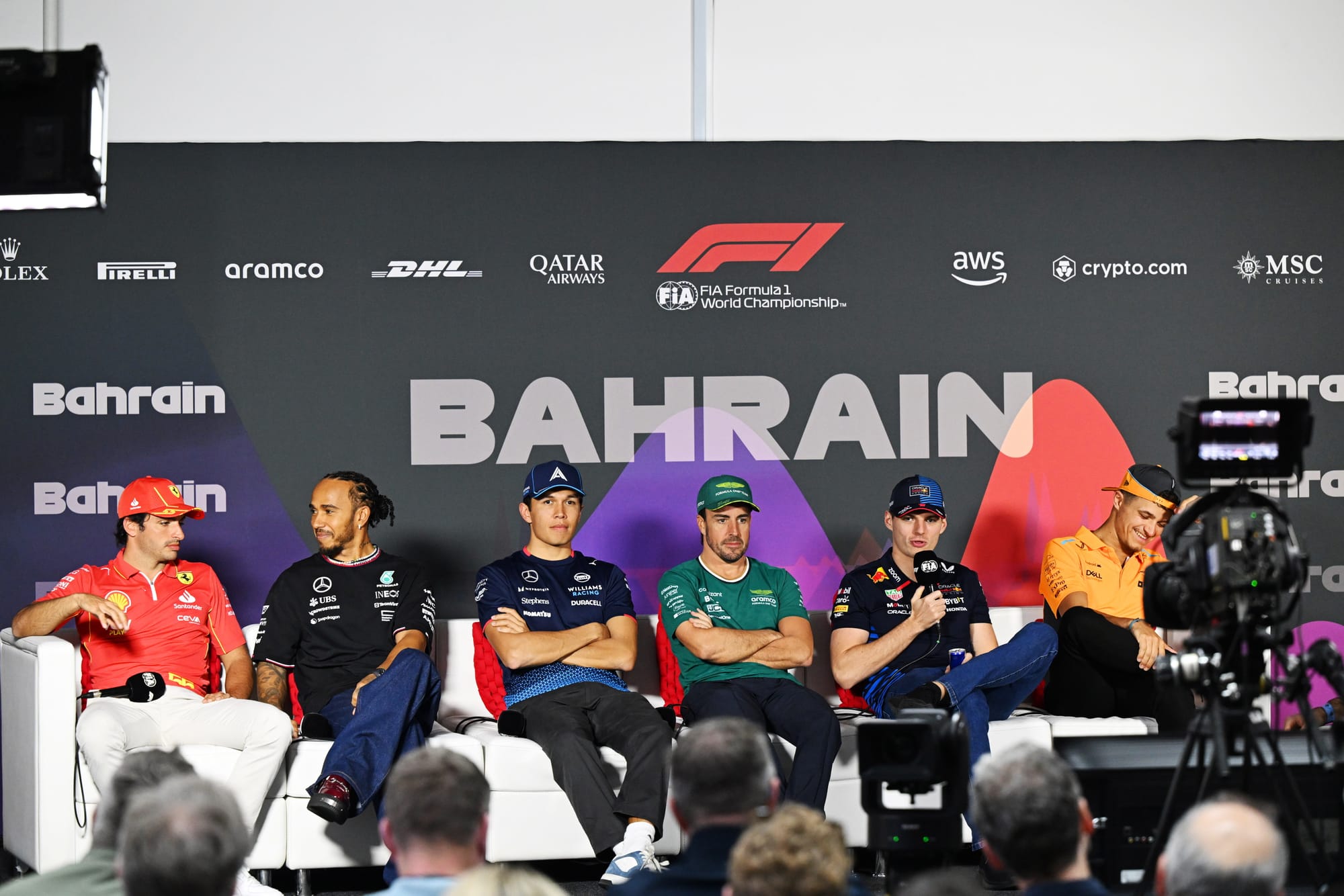
F1 CEO Stefano Domenicali previously stated modern F1 could have as many as 30 races - although those comments have always been caveated by Domenicali clarifying that it was not a number F1 was at all interested in, but rather just a number that F1 was in a position to hit specifically going off the interest from current and prospective venues.
Domenicali told the official F1 podcast Beyond The Grid last year that 24 would be the target calendar number for the foreseeable future.
Ahead of the Bahrain GP, drivers were asked about the seemingly unthinkable prospect of driver rotation to cope with any potential future calendar increases - given F1 teams already rotate other staff within their race-going crews.
Rotation, of course, is far less feasible for drivers because of the limited pool of F1-calibre drivers and the importance of continued mileage (and a consistent cast of characters for viewers) - but it is also clear, and has been repeatedly acknowledged by drivers, that they're not the ones worst-affected by lengthy calendars.
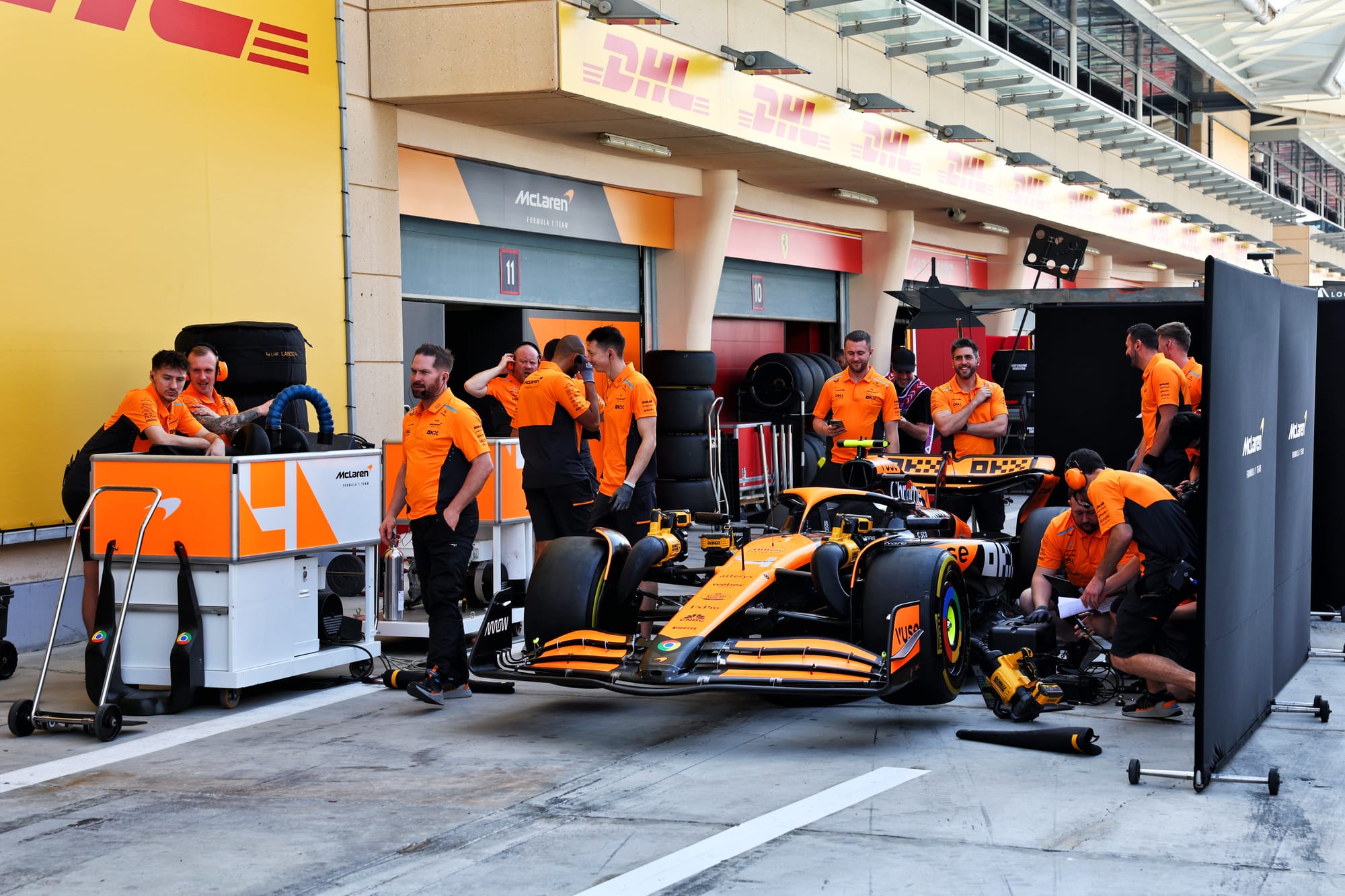
Compared to drivers, mechanics and other team staffers are naturally not as well-compensated and don't enjoy the same luxuries, and many of them often have to be at the circuit earlier and leave later than the stars of the show.
Ferrari driver Carlos Sainz, who was first to tackle the question about the prospect of driver rotation, said any such consideration - which has never been seriously floated - would be a clear indicator F1 has "gone too far".
Oversaturation
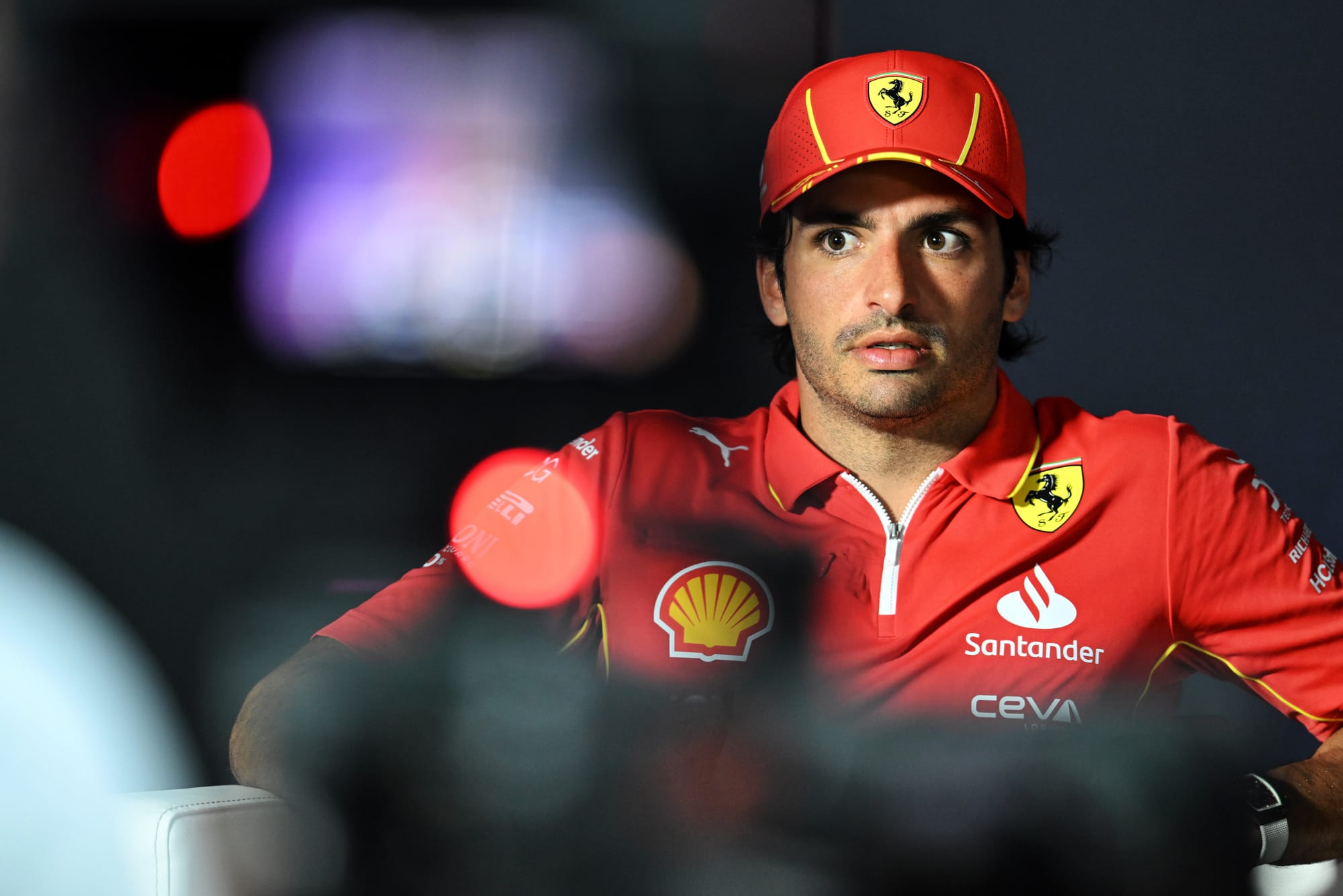
But Sainz didn't stop there - instead, he made his position on the topic as a whole clear, expressing a worry over F1 pumping out too much on-track product.
"I think we're already at the limit of the number of races that team personnel, drivers, F1, people in F1, journalists, etc can take during the year," he said. "If you want to have family back home to go and see, and to keep in touch with your home - it doesn't matter if it's family, if it's your dog.
"It's just on the limit of being too much and I really hope it just doesn't go much higher than 24 because if not I think it's going to be very tricky for everyone.
"From a driving point of view, when I look at football I really like the Champions League [annual international competition in which a single team currently plays a maximum of 13 games, excluding qualifiers] because the Champions League, you don't get it that often; the highlight of having a Champions League match [is] that it connects for people for that day.
"Formula 1 is risking becoming too constant - having one race every weekend, and losing a bit the appetite of everyone switching on the TV to watch Formula 1.
"I think Formula 1 needs to remain exclusive, it needs to remain a sport where everyone is looking forward for that race to switch on and not something you can get used to just by switching on the TV just like a regular league match every weekend."
Environmental concerns
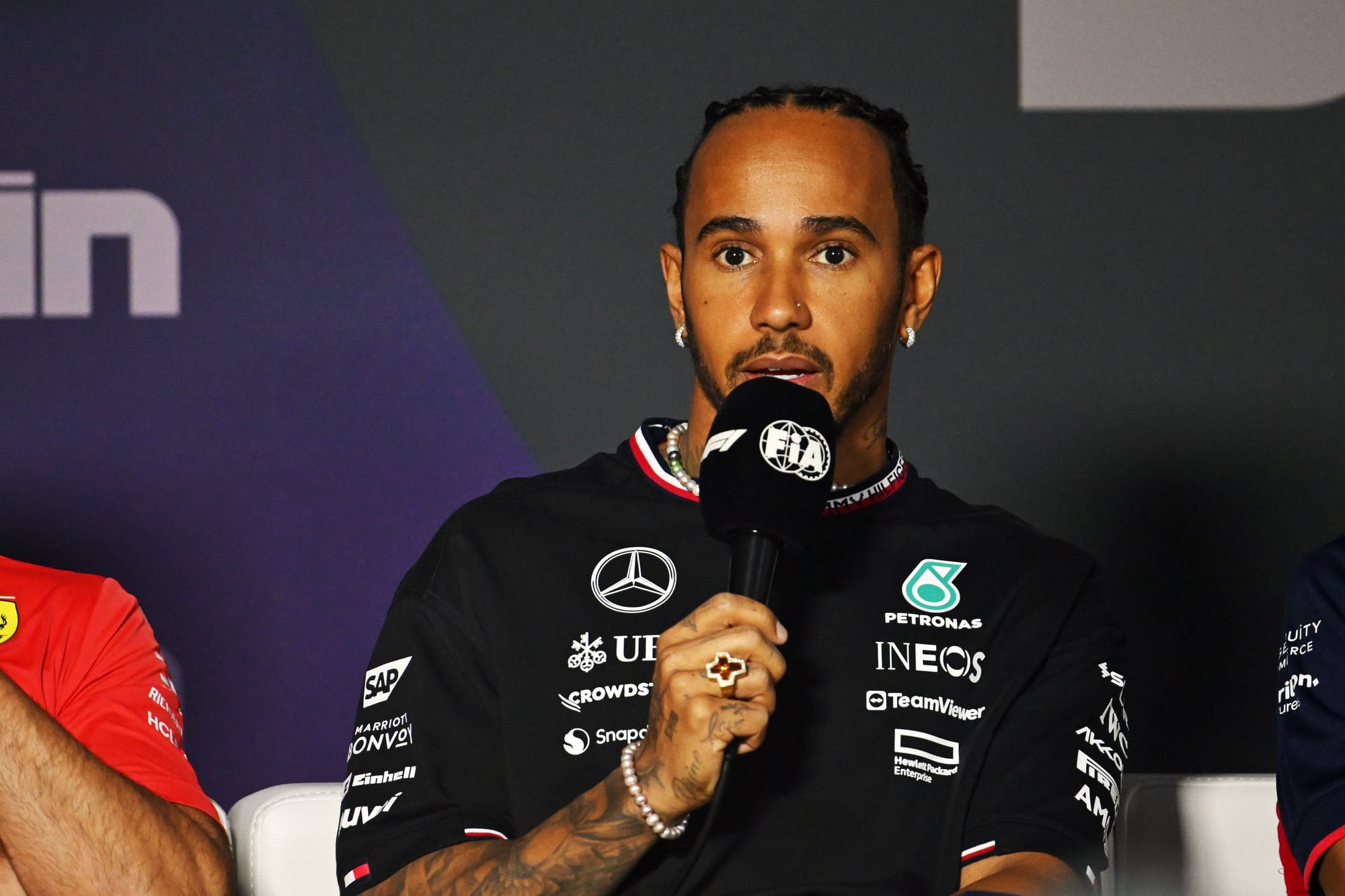
Sainz's points were echoed by seven-time F1 champion Lewis Hamilton, who did suggest F1 was "maybe already over" the limit of races.
"We just have to be conscious of quality vs quantity, and we also have to think about the impact that we have on the world," Hamilton said.
"The more races that we put [on], this whole circus travelling everywhere [and creating emissions].
"Sustainability should be at the heart of the decisions that they're making moving forwards."
Verstappen's stern warning
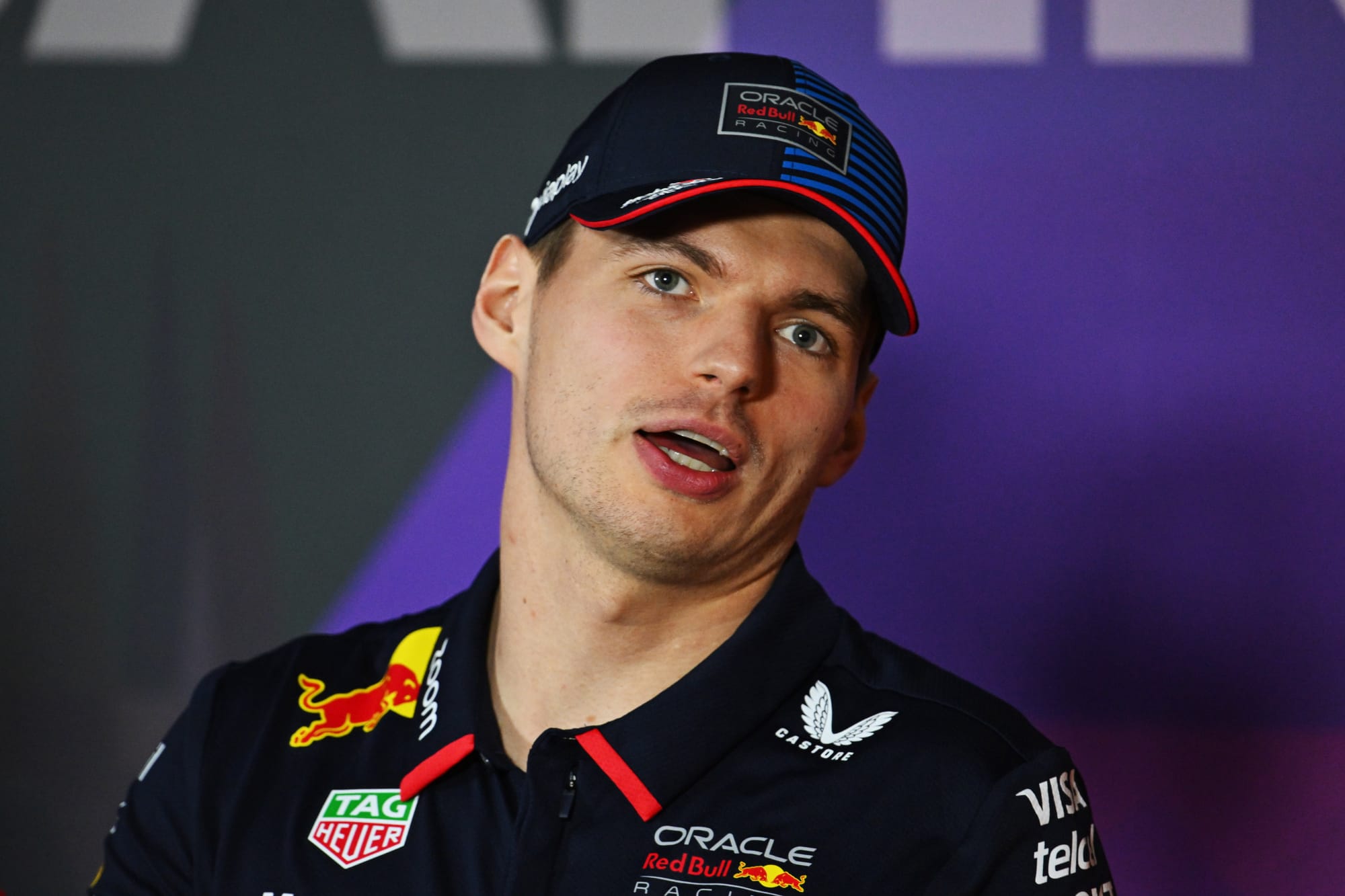
But if Hamilton simply floated the idea of F1 having too many races, his fellow champions Verstappen and Alonso then fully committed to saying so - in a pair of truly scathing answers.
Verstappen, long on the record as unhappy with many aspects of modern F1 including calendar lengths, again made his point about the expanded schedule serving to shorten careers, including potentially his.
He made it clear there was no scenario in which he, despite being just 26, would stick around for another decade, and cited the size of the schedule as a reason.
"I feel already that we're way over the limit of races. I know I'm of course still very young but I also know that I'm not doing this for another 10 years, doing 24 races [per year].
"Like also Lewis said, I think it's about the quality over quantity that we have to look at as well. From my side, I know, and I've said it before, this is not sustainable.
"I love racing a lot and I do it a lot, also outside of Formula 1, but at one point you start looking into the quality of life and how much you are away for doing the sport that you love but at one point I'd probably prefer to just be at home and focus on other projects.
"Because it is crazy, how much you have to do for it. I love it, now it's not a problem, but I know in a couple of years' time it's very different."
Verstappen indicated that he reckoned his view was privately shared by many of his fellow drivers.
"At the end of the day of course it's up to Formula 1 what they want to do with their sport, but if people in the sport start shortening their careers because it's too much I think that's a bit of a shame."
Alonso's competition argument
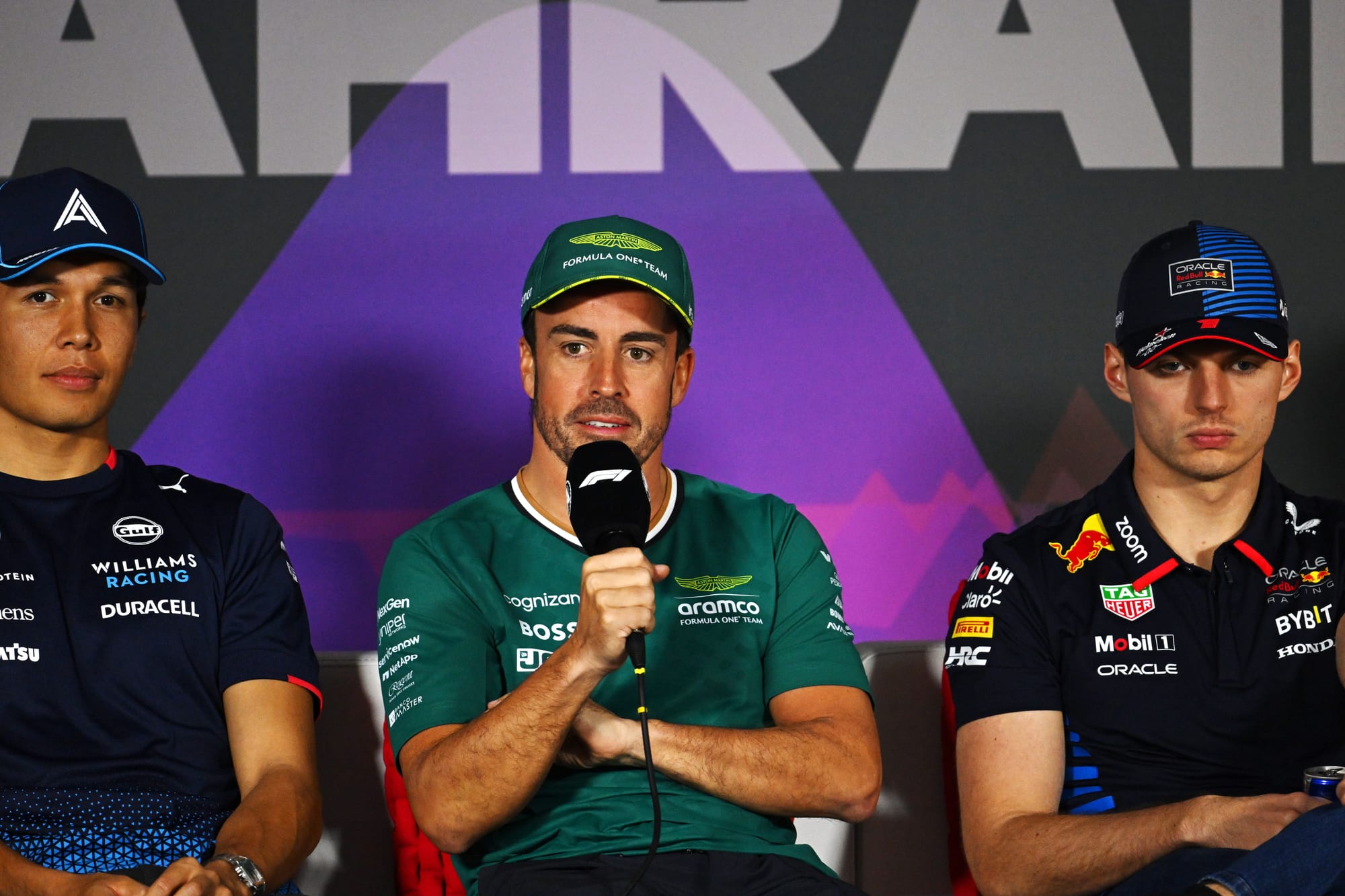
Alonso said we "agreed with all the comments" and likewise described 24 races as "well over the limit".
"I started and we had 16 races, then it was 18 at some point, and then I think when [new owners] Liberty [Media] came it was like a message that we had 20 one season and that was absolutely the limit. 20 races.
"And now we are up to 24 and this is not sustainable for the future, for anyone."
He then went on to specifically reference the fact that F1's 22-race campaign from last year was a 'dead rubber' in terms of the drivers' and teams' title fight from very early on.
"Even the world champion thinks that it's a little bit long, the season!" he joked.
"Imagine for the rest of us that we go to the races in the second half for nothing - there is no incentive to fight for anything.
"[Either] someone understands this or it's going to be detrimental for the sport."
The bottom line
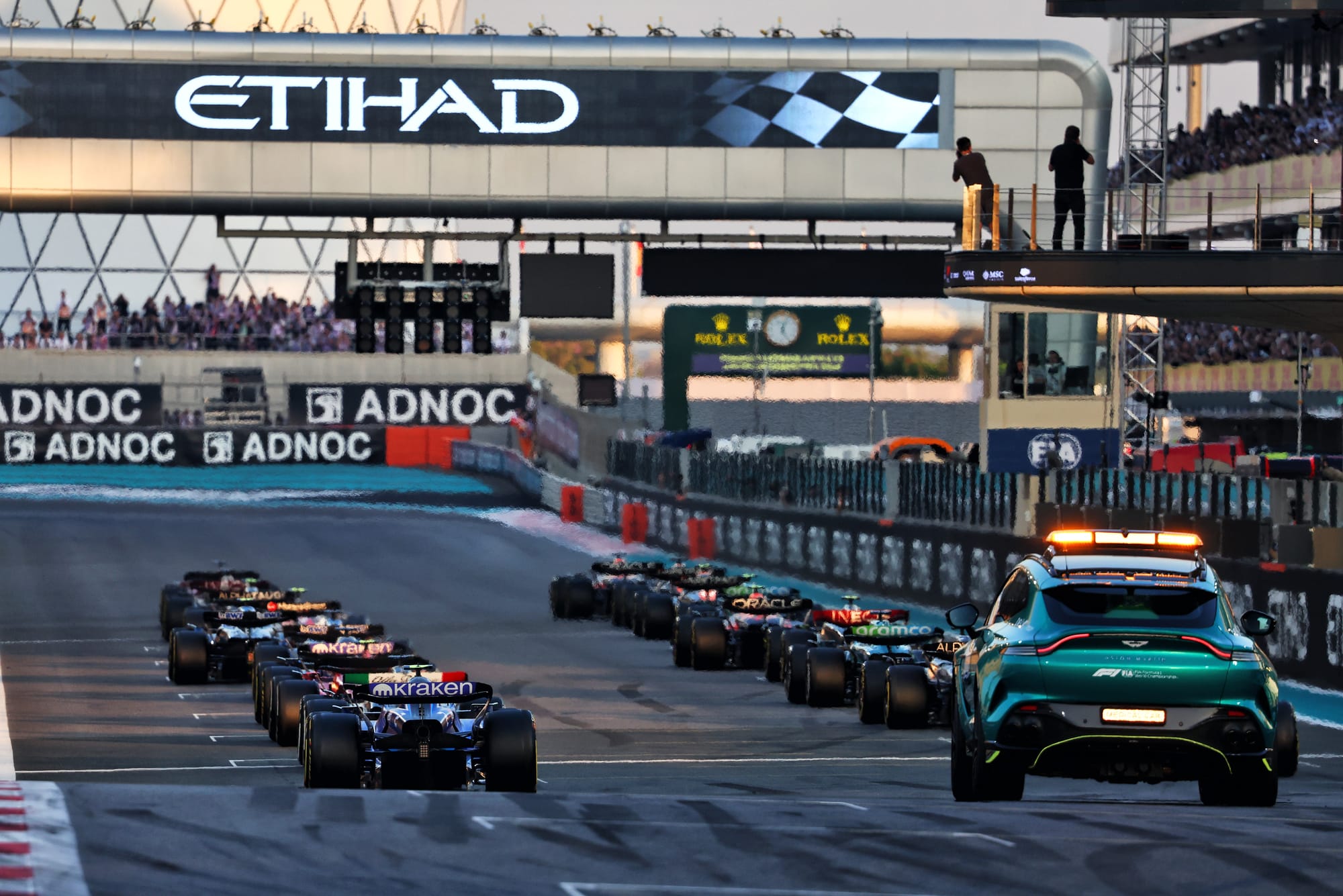
None of those comments were particularly unusual or novel in themselves.
And it will, of course, always be easier to rail against the overall size of the calendar than to name any of the specific races - most drivers would probably not want to publicly answer the question of 'OK, so what races do we ditch?' (though Verstappen and Alonso are two who you wouldn't necessarily rule out a frank answer from).
But to have drivers feel strongly enough to speak like this in an official setting on the eve of a new season, before the in-season fatigue has had any chance at all to set in, should be striking to F1 at a time where it keeps adding new events and committing to long-term extensions with venues.
Its 24-race calendar is a great accomplishment in a commercial sense, an impressive calling card for a series in rude health - but the lack of corporate-friendly enthusiasm from its main stars is a message, whether deliberate or not.



